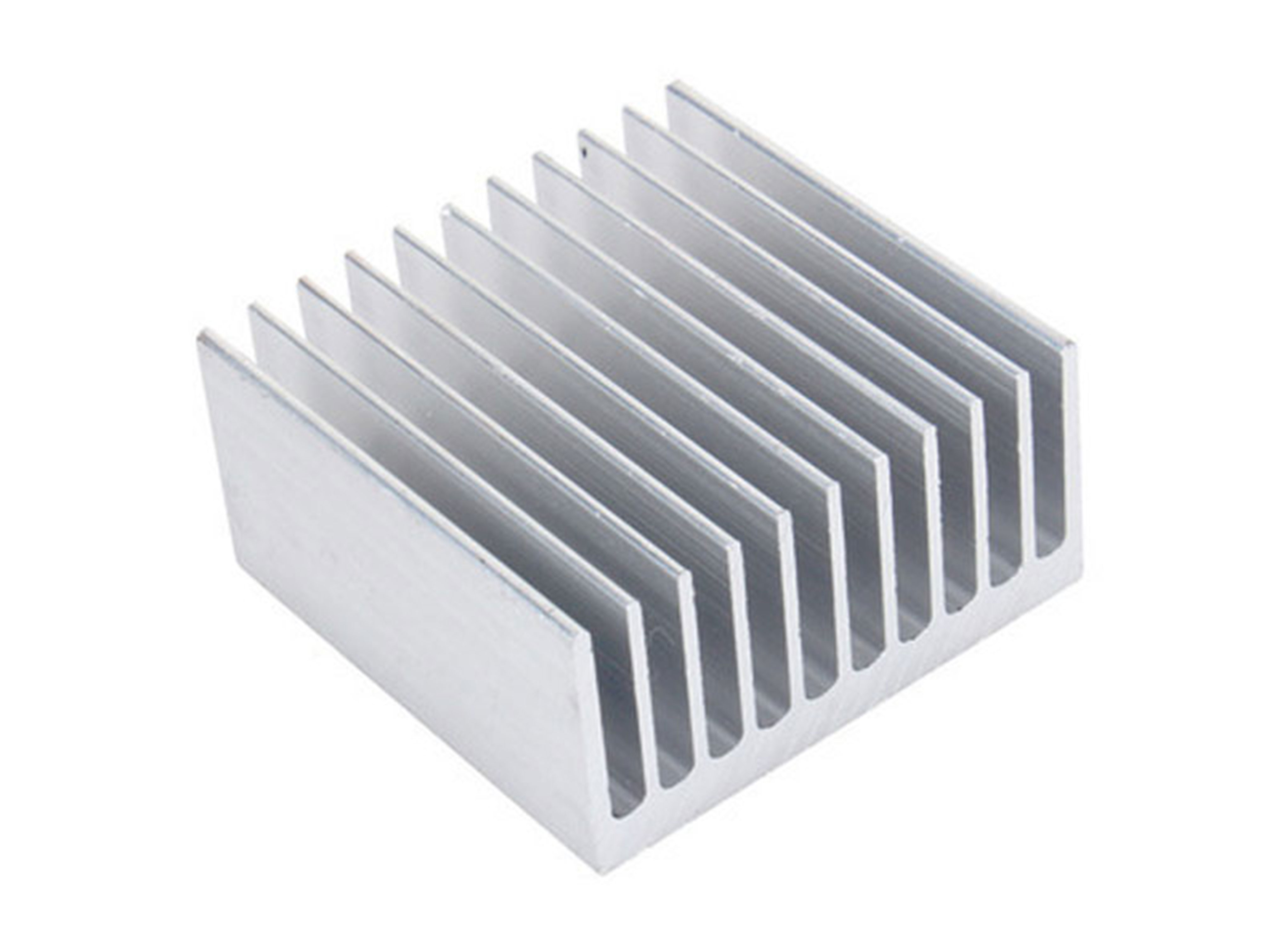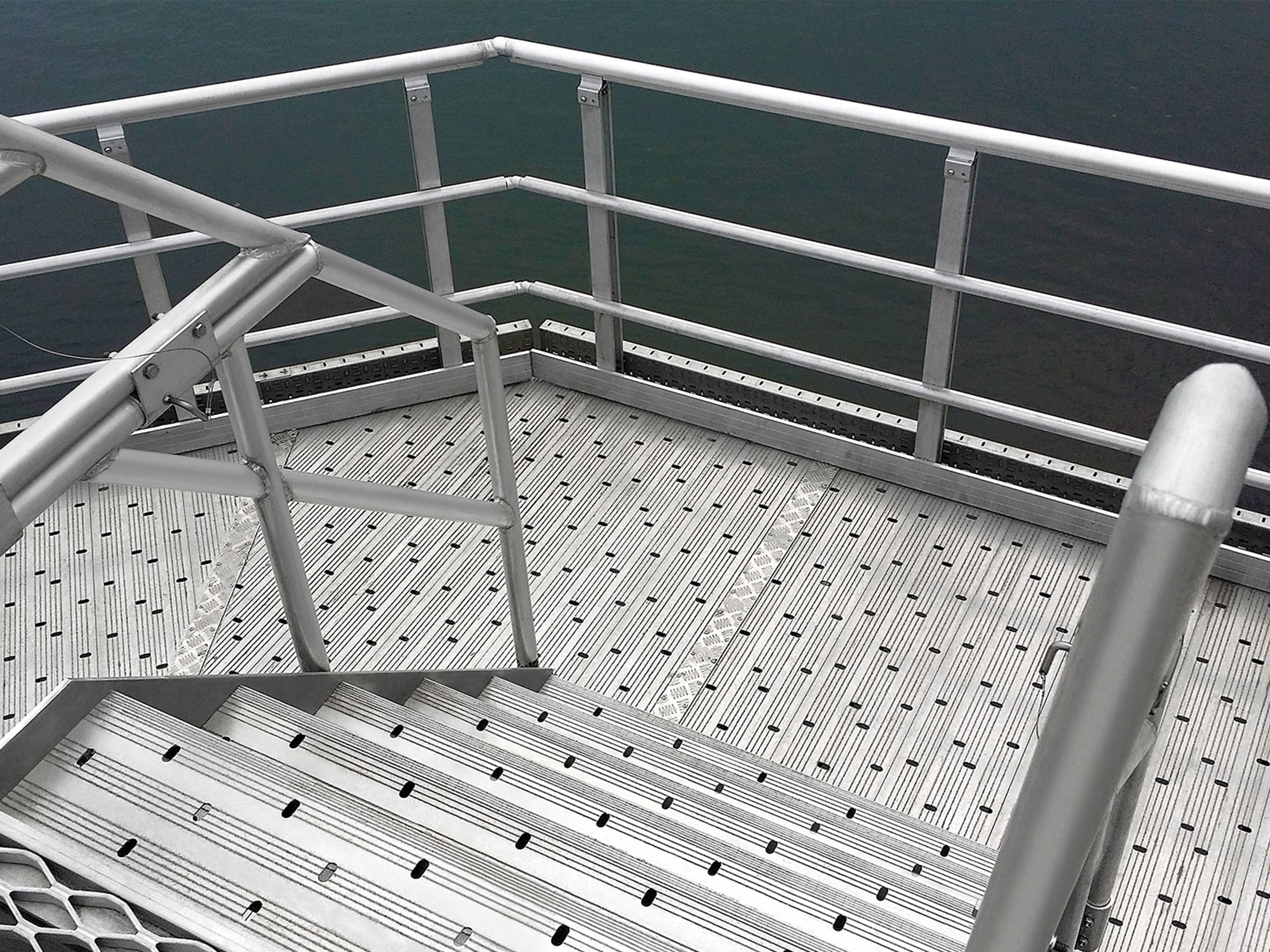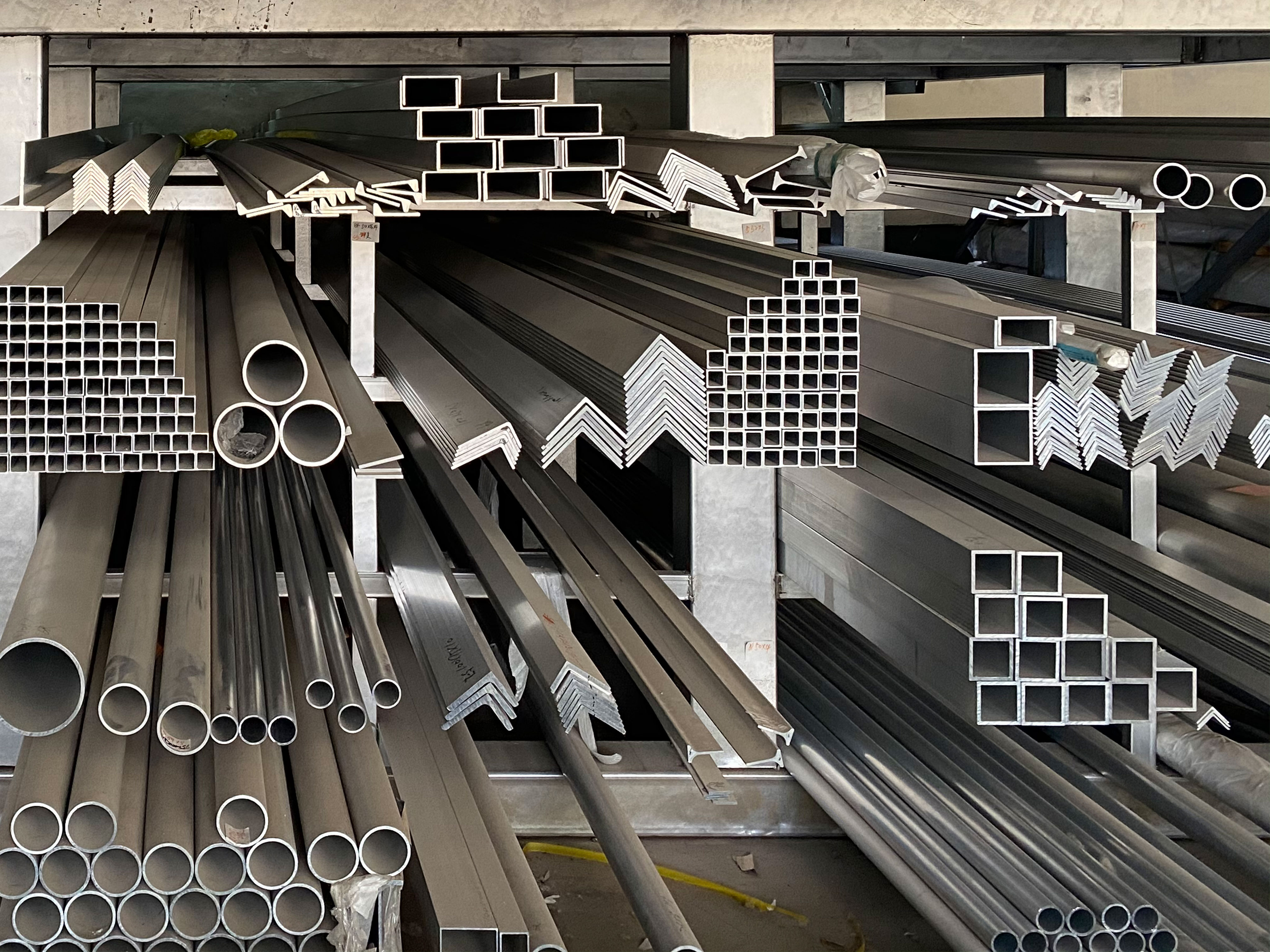Marine Aluminum Heat Sink Profile for Lightweight Boat Engine Cooling Systems
Marine Aluminum Heat Sink Profile for Lightweight Boat Engine Cooling Systems: Excellence in Functionality and Technical Precision
In the evolving sphere of marine engineering, optimizing boat engine cooling systems for lightness, durability, and efficiency demands materials designed explicitly for these roles. Marine aluminum heat sink profiles have rapidly become indispensable in lightweight boat engine cooling systems, combining exceptional thermal conductivity, corrosion resistance, and structural integrity.
Marine Aluminum Heat Sink Profiles
Marine aluminum heat sink profiles are specially extruded aluminum shapes crafted to optimize heat dissipation in marine engine cooling applications. Unlike conventional heat sinks used in electronics or industrial machinery, these profiles are engineered to cope with harsh sea water exposure while maintaining exceptional thermal exchange rates. Typically fabricated using marine-grade aluminum alloys, these heat sinks serve multiple crucial functions in lightweight boats:
Working with marine-grade aluminum alloys daily, I see firsthand the critical role heat dissipation plays in the longevity and efficiency of boat engines. The development of optimized heat sink profiles is paramount; a poorly designed sink can lead to overheating, catastrophic engine failure, and significant downtime – costly issues for both the manufacturer and the end-user. We’re constantly balancing the need for maximum surface area for efficient heat transfer with the need to maintain lightweight construction, crucial in marine applications where every ounce counts. Finding the sweet spot often involves intricate fin designs, material selection (like 6061-T6 for its strength-to-weight ratio), and precise extrusion processes to ensure consistent quality and dimensional accuracy. The slightest imperfection in the profile can compromise its performance.
Personally, I find the most rewarding aspect is witnessing the practical application of our work. Seeing a meticulously designed heat sink profile, born from hours of CAD modeling, FEA analysis, and rigorous testing, successfully integrated into a lightweight boat engine and performing flawlessly, is incredibly satisfying. It's not just about meeting specifications; it’s about contributing to a safer, more efficient, and ultimately, more enjoyable boating experience. The constant push for innovation – novel fin geometries, advanced surface treatments, and the potential of newer aluminum alloys – keeps the work challenging and exciting. We're always striving for that marginal gain in performance, knowing it directly translates to a better product for our customers.
- Heat Dissipation: Efficiently transfer heat away from the engine block to maintain optimal operating temperatures.
- Corrosion Resistance: Consistently withstand salinity and humidity present in marine environments.
- Weight Reduction: Maintain structural strength with minimized weight, suitable for boats where every kilogram matters.
- Enhanced Surface Area: Profile designs feature fins, ridges, or channels to maximize contact surface area, improving thermal conductivity.
Alloy Selection and Tempering Conditions for Marine Environments
Marine aluminum heat sink profiles primarily utilize 6061 and 5083 aluminum alloys, prized for their excellent corrosion resistance and robust mechanical properties. Both alloys possess naturally high levels of magnesium and other alloying elements that enhance their suitability for seawater exposure and structural applications.
| Alloy | Principal Alloying Elements | Typical Temper | Properties |
|---|---|---|---|
| 6061 | Mg (1.0%), Si (0.6%) | T6 | Good strength, machinability, corrosion resistance |
| 5083 | Mg (4.0-4.9%), Mn (0.4%) | H116 or O | Exceptional corrosion resistance, weldability |
- 6061-T6: This temper involves solution heat treatment and artificial aging, producing a strong, enduring aluminum suitable for moderate marine applications while being easy to machine into complex heat sink profiles.
- 5083-H116: Optimized for superior corrosion resistance, particularly against seawater attack and stress corrosion cracking, this temper is better suited for direct water-contact heat sinks.
Chemical Composition and Mechanical Properties Table
| Alloy | Si (%) | Fe (%) | Cu (%) | Mn (%) | Mg (%) | Cr (%) | Zn (%) | Ti (%) | Others (%) | Tensile Strength (MPa) | Yield Strength (MPa) | Elongation (%) | Thermal Conductivity (W/m·K) |
|---|---|---|---|---|---|---|---|---|---|---|---|---|---|
| 6061 | 0.4-0.8 | 0.7 | 0.15-0.4 | 0.15 | 0.8-1.2 | 0.04-0.35 | 0.25 | 0.15 | Residual | 310 | 275 | 12 | 167 |
| 5083 | 0.4 | 0.4 | 0.1 | 0.4-1.0 | 4.0-4.9 | 0.05-0.25 | 0.1 | 0.015 | Residual | 320 | 215 | 12-20 | 120 |
The thermal conductivity, a central factor in heat sink performance, indicates why 6061 alloy is often preferred for maximum heat dissipation, whereas 5083 offers superior longevity through corrosion resistance.
Structural Design and Implementation Standards
The geometry of marine aluminum heat sink profiles directly affects the efficiency of cooling. Common shapes include:
- Parallel Fins: Maximizes surface area exposed to cooling mediums.
- Pin Fin Arrays: Promote turbulent water flow, increasing heat transfer rates.
- Grooved or Channel Designs: Guide water flow efficiently through the cooling system.
Design and manufacturing conform to marine and aluminum standards such as:
- ISO 11960: Petroleum and natural gas industries standards, widely applicable to marine-related aluminum extrusion profiles.
- ASTM B221: Specification for aluminum alloy extruded bars, rods, wire, profiles, and tubes — critical for ensuring dimensional and mechanical conformity.
- MIL-DTL-5541: For chemical and mechanical properties validation in marine-grade anodized aluminum.
Applications in Lightweight Boat Engine Cooling Systems
Marine aluminum heat sink profiles are employed in various marine engine components that require effective heat dissipation under rigorous operating conditions:
- Engine Heat Exchangers: Central to maintaining thermal stability by removing high operational heat loads efficiently.
- Electronic Control Modules: Ensures onboard microprocessors and control electronics maintain programmable safety limits.
- Battery Cooling Systems: As electric propulsion becomes more prevalent, dolphins demand engineered aluminum profiles for efficient battery thermal management.
- Custom Marine HVAC Systems: Smaller boats leveraging integrated temperature control rely on marine aluminum heat sinks for auxiliary cooling.
Related Products
Marine aluminum heat sink profile
Marine Grade Aluminum Heat Sink Profiles utilize alloys such as 6061 and 6063 that not only exhibit high thermal conductivity but also possess excellent corrosion resistance required for saltwater exposure.
View DetailsMarine aluminum customized shapes
Marine Grade Aluminum Customized Shapes encompass a broad range of aluminum extrusions and fabrications engineered beyond standard profiles—such as channels, angles, tubes, and beams—into complex, project-specific geometries.
View DetailsMarine aluminum fencing and railings
Marine Grade Aluminum Fencing and Railings are fabricated using marine-grade aluminum alloys such as 5083, 5052, and 6061, which are engineered specifically for protection against saltwater corrosion and marine atmospheric conditions.
View DetailsRelated Blog
5052 Marine Aluminum Fencing and Railings for Saltwater Proof Marine Railing Systems
When it comes to marine applications, durability, corrosion resistance, and strength are non-negotiable. One material that stands out as a superior choice for fencing and railing systems on ships, docks, and coastal structures is 5052 Marine Aluminum.
View Details6063 Marine Aluminum Heat Sink Profile for Efficient Cooling of Offshore Equipment
In the marine and offshore industry, equipment reliability and performance hinge on effective thermal management solutions. Heat dissipation is a critical factor influencing the longevity and efficiency of sensitive offshore electronics and machinery.
View DetailsMarine Aluminum Heat Sink Profile for High Performance Heat Transfer in Coastal Equipment
High-performance Marine Aluminum Heat Sink Profile specially engineered for coastal equipment, offering superior corrosion resistance, thermal conductivity, and durability to ensure optimal heat transfer even in harsh marine environments.
View Details6061 Marine Aluminum Heat Sink Profile for Cooling Solutions for Offshore Electronics
6061 Marine Aluminum Heat Sink Profile: Optimal Cooling Solutions for Offshore ElectronicsIn the demanding environment of offshore electronics, reliable thermal management is critical.
View Details6061 Marine Aluminum Customized Shapes for Offshore Engineering Projects
In the fast-evolving world of offshore engineering, the demand for materials that ensure strength, corrosion resistance, and versatility has never been higher. Among various options.
View Details5083 Marine Aluminum Customized Shapes for Offshore Vessel Deck Frame Reinforcements
When it comes to offshore vessel deck frame reinforcements, the choice of materials is critical for durability, strength, and corrosion resistance. Among the myriad of options.
View Details










Leave a Message